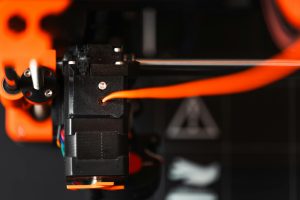Do you think AI still has a “bad reputation,” or are people finally starting to see it for what it is: a tool, not a threat?
Reevaluating AI’s Reputation: Is Society Finally Recognizing Its True Potential?
In recent years, artificial intelligence (AI) has been a topic of both excitement and skepticism. Despite significant advancements and widespread adoption across industries, many still harbor reservations about its role and impact. This prompts an important question: Are perceptions of AI shifting from fear and mistrust to understanding and acceptance?
The Persistent Skepticism Surrounding AI Usage
One notable factor contributing to the skepticism is the lingering negative stereotypes about AI. For instance, a Harvard study revealed that engineers rated code as less effective when they believed AI had assisted in its creation — even though the code was identical in quality. This insight underscores a broader societal bias: the assumption that AI assistance diminishes human skill or effort.
This bias manifests in various settings, from workplaces to educational institutions. Some educators still prohibit students from using AI for assignments, arguing that it hampers genuine learning. However, this perspective might overlook how AI can enhance the educational process rather than hinder it.
AI as an Enabler, Not a Replacer
Contrary to common fears, AI doesn’t diminish human capability. Instead, it serves as a powerful tool that frees up time — time that can be redirected toward innovative thinking, complex problem-solving, and refining skills. When integrated thoughtfully, AI acts as an extension of human creativity and expertise.
At Cubeo AI, a company dedicated to developing AI solutions, I’ve observed firsthand how a shift in mindset is essential. AI isn’t designed to take credit for your work; it’s there to support and elevate your efforts. It doesn’t replace the need for original ideas or critical thinking but rather encourages professionals to push their boundaries further.
Embracing AI as a Skill-Enhancing Tool
Using AI responsibly can lead to skill development rather than skill erosion. It’s about partnership: leveraging AI to sharpen your abilities rather than dull them. For example, writers can use AI to brainstorm ideas, programmers can automate routine tasks, and educators can craft more personalized learning experiences.
As society continues to evolve, so should our perception of AI. Recognizing it as a collaborative tool empowers us to harness its potential fully, rather than fear it as a threat.
Final Thoughts
The debate over AI’s reputation is ongoing, but the narrative is shifting. Moving forward, it’s crucial to view AI not as a substitute but as an enabler — a means to augment human talents and accelerate innovation. Embracing this mindset will be














Post Comment